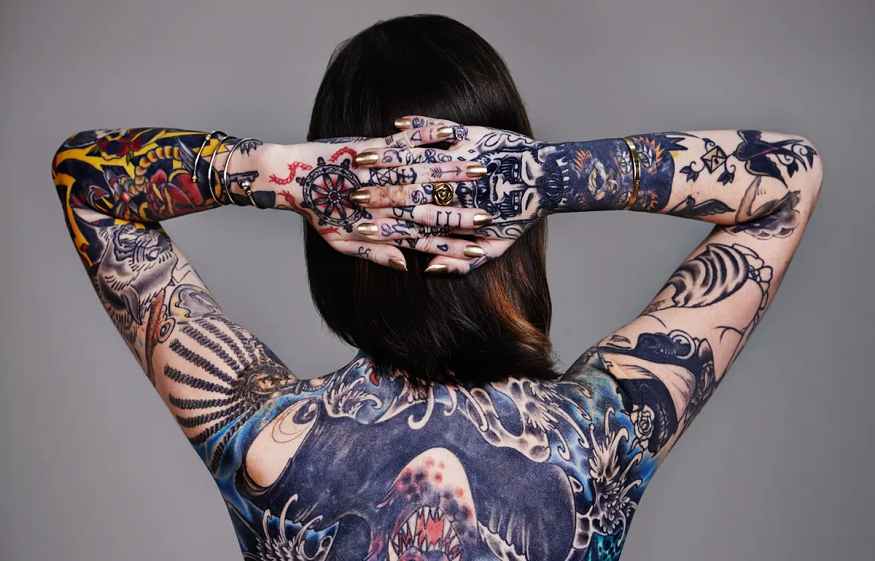Temporary tattoos are a form of artistic expression and a means of celebrating cultural identity. With their versatility and temporary nature, these tattoos offer a unique opportunity for individuals to explore and embrace diverse cultural traditions. In this blog, we will delve into the significance of temporary tattoos in preserving cultural identity.
From custom designs that cater to anyone to cultural and religious symbols, we will discover that with temporary tattoos, you can honor and celebrate traditions while promoting inclusivity and appreciation for cultural diversity.
Temporary Tattoos: Custom Designs for Anyone
One of the remarkable aspects of temporary tattoos is their ability to cater to diverse individuals. Custom temporary tattoos allow people to create designs representing their unique cultural backgrounds, beliefs, or personal stories. Whether it’s a fusion of cultural elements or a symbol of personal significance, custom temporary tattoos for anyone provide a platform to express and celebrate their cultural identity.
Cultural Tattoos: Preserving Heritage and Traditions
Cultural tattoos have long served as powerful symbols of identity and heritage. From ancient tribal markings to intricate patterns, these tattoos carry the stories and traditions of specific cultures. Temporary tattoos allow individuals to honor and preserve their cultural heritage respectfully and non-permanently.
Religious Tattoos: Expressing Faith and Spirituality
Religion plays a significant role in many cultures worldwide, and religious tattoos are a testament to individuals’ devotion and spiritual beliefs. Temporary religious tattoos allow individuals to express their faith and spirituality, even if permanent tattoos may not align with their personal or religious preferences. These temporary designs allow people to adorn their bodies with sacred symbols or verses, visually representing their religious beliefs.
Traditional Temporary Tattoos: Embracing Cultural Festivities
Traditional temporary tattoos are often associated with cultural festivities and celebrations. In many cultures, temporary tattoos are vital in traditional ceremonies, festivals, or rites of passage. These tattoos may bear specific symbolic meanings, representing blessings, protection, or luck.
Promoting Cultural Appreciation and Inclusivity
Temporary tattoos provide a unique opportunity for individuals from diverse backgrounds to appreciate and learn about different cultures. By wearing temporary tattoos that depict symbols or designs from other cultures, people can engage in meaningful conversations, promote cross-cultural understanding, and foster inclusivity. Temporary tattoos act as a visual bridge, facilitating connections and discussions that celebrate the richness and diversity of human cultures.
Bridging Generations: Passing Down Cultural Tattoos
Temporary tattoos can also play a role in passing down cultural traditions from one generation to another. In many cultures, specific tattoo designs hold deep ancestral meanings and are considered a part of the cultural heritage. However, permanent tattoos may not be suitable for everyone, especially for younger generations who want to explore their cultural identity without committing to lifelong ink.
Cultural Exchange and Fusion: Embracing Diversity
Temporary tattoos provide a platform for cultural exchange and fusion. People from different cultural backgrounds can wear temporary tattoos inspired by traditions other than their own, celebrating the beauty of diversity. This act of embracing cultural elements from various backgrounds fosters cross-cultural connections, encourages dialogue, and promotes a more inclusive society.
Temporary tattoos bridge generations, fostering understanding and appreciation for diverse cultural backgrounds. They allow educational opportunities, break down barriers, and promote a more inclusive society. So, let us embrace the beauty of cultural diversity through temporary tattoos, celebrating our shared heritage while respecting and honoring our unique individual identities.




